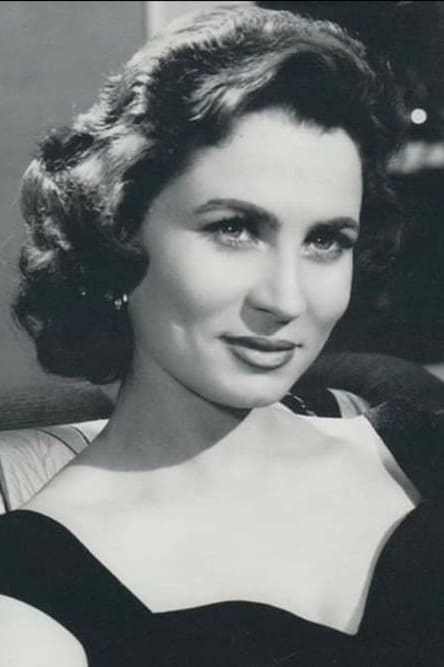
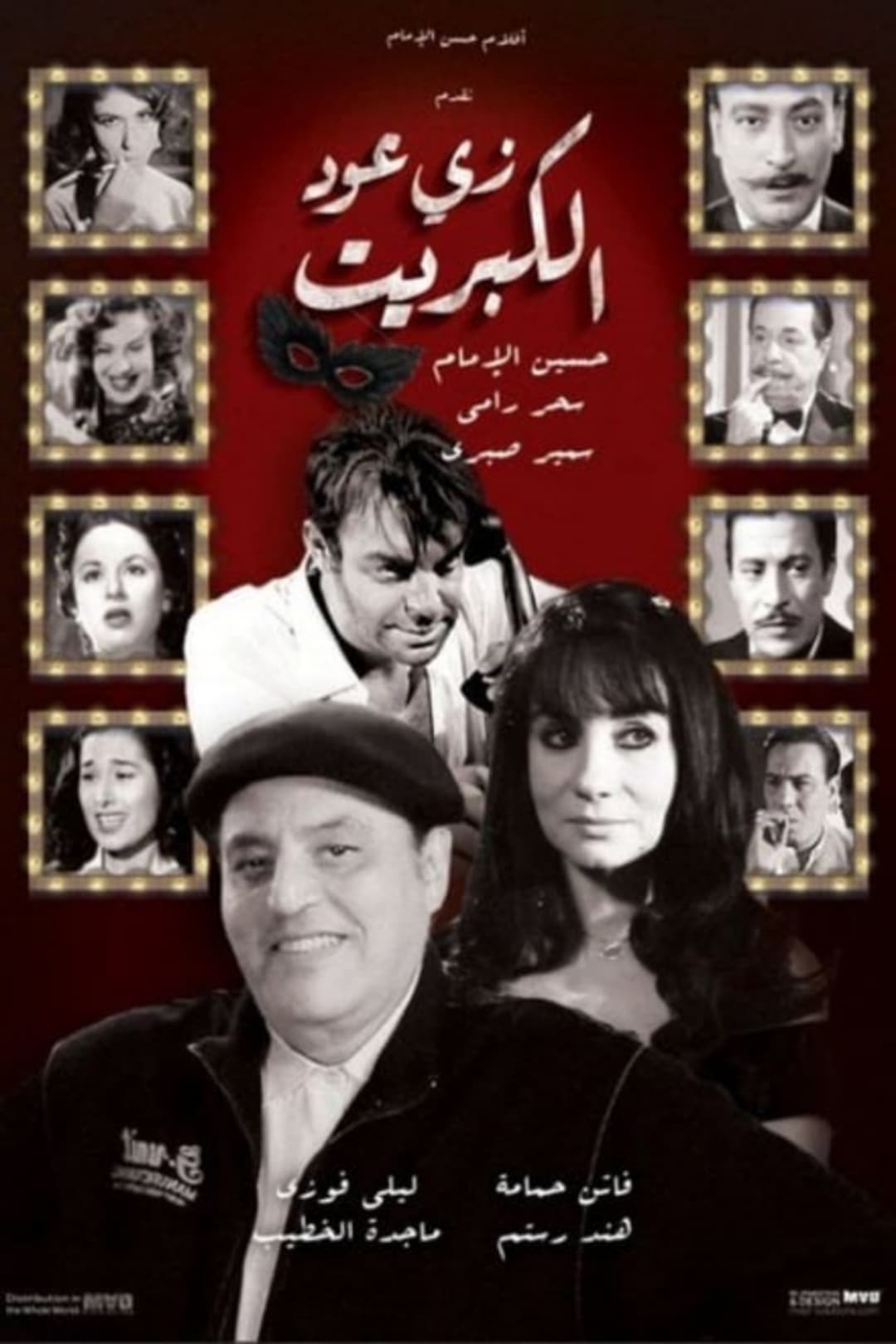
A comedic tale created by the late actor Hussein Imam to pay tribute to the stars of the Egyptian cinema in its golden age. The main story is based on mixing scenes of 21-star from black and white period with other scenes written by and starring Imam so that the final product is the rediscovering of old stars in a new context.
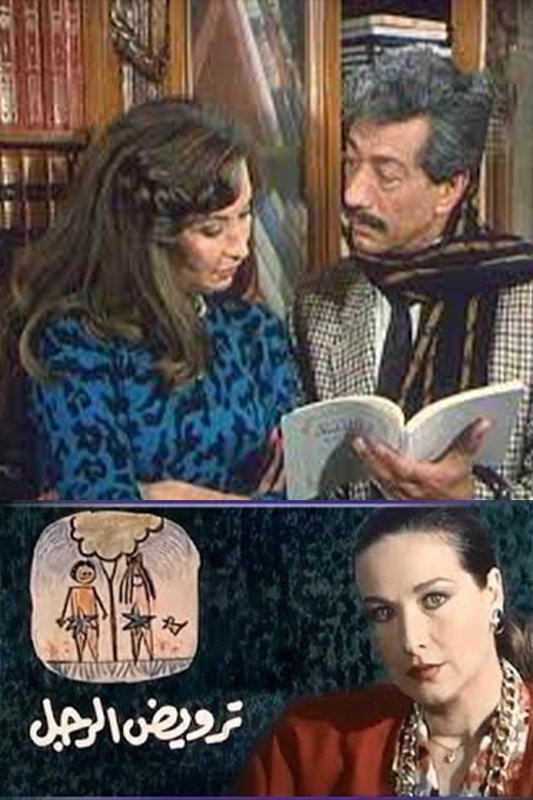
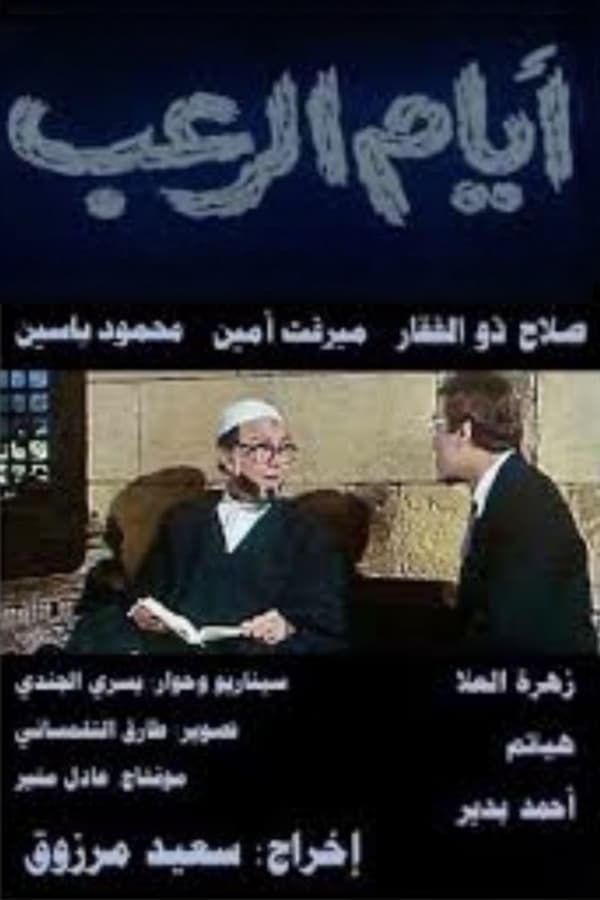
Mahrous flees Upper Egypt in an attempt to escape Aweida's vengeance drive. As he starts to prepare for his marriage, he learns that Aweida has been released from prison and that he is on his trail.
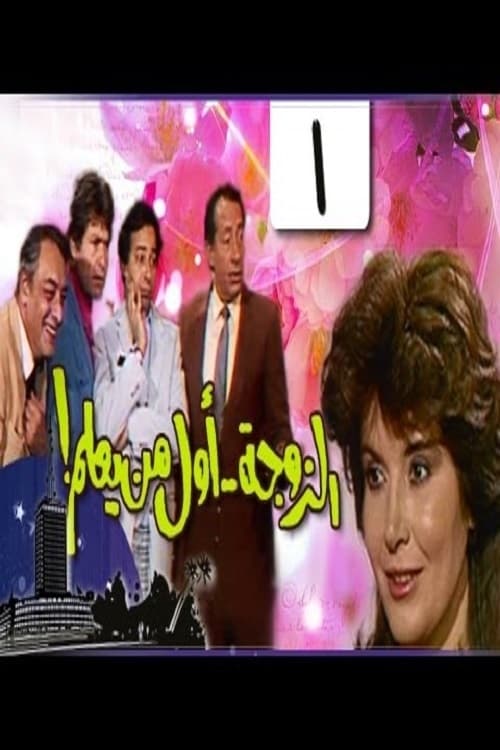
The story of the series revolves around four friends who decide to rent an apartment to make it an import and export company but without the knowledge of their wives, and then appoint a secretary to work with them in the company, so that the wives get to know each other, and they know the existence of the apartment and think that their husbands use it to betray them, to escalate events.
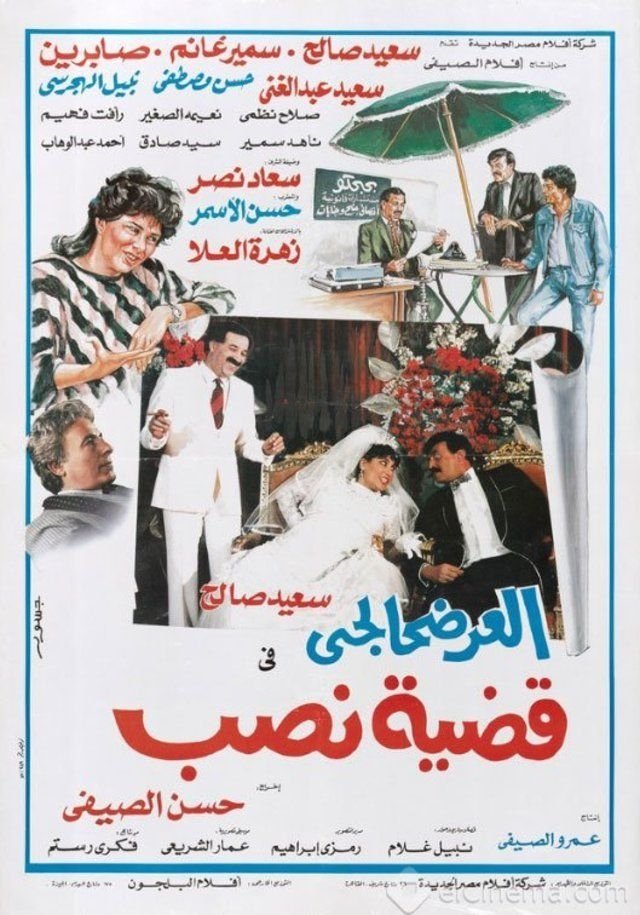
When Samir graduates from university, and is confronted with the reality that his job will not provide him with enough income, he decides to work in other jobs. While his fiancée struggles all the time until a producer asks her to work with him in advertisements.
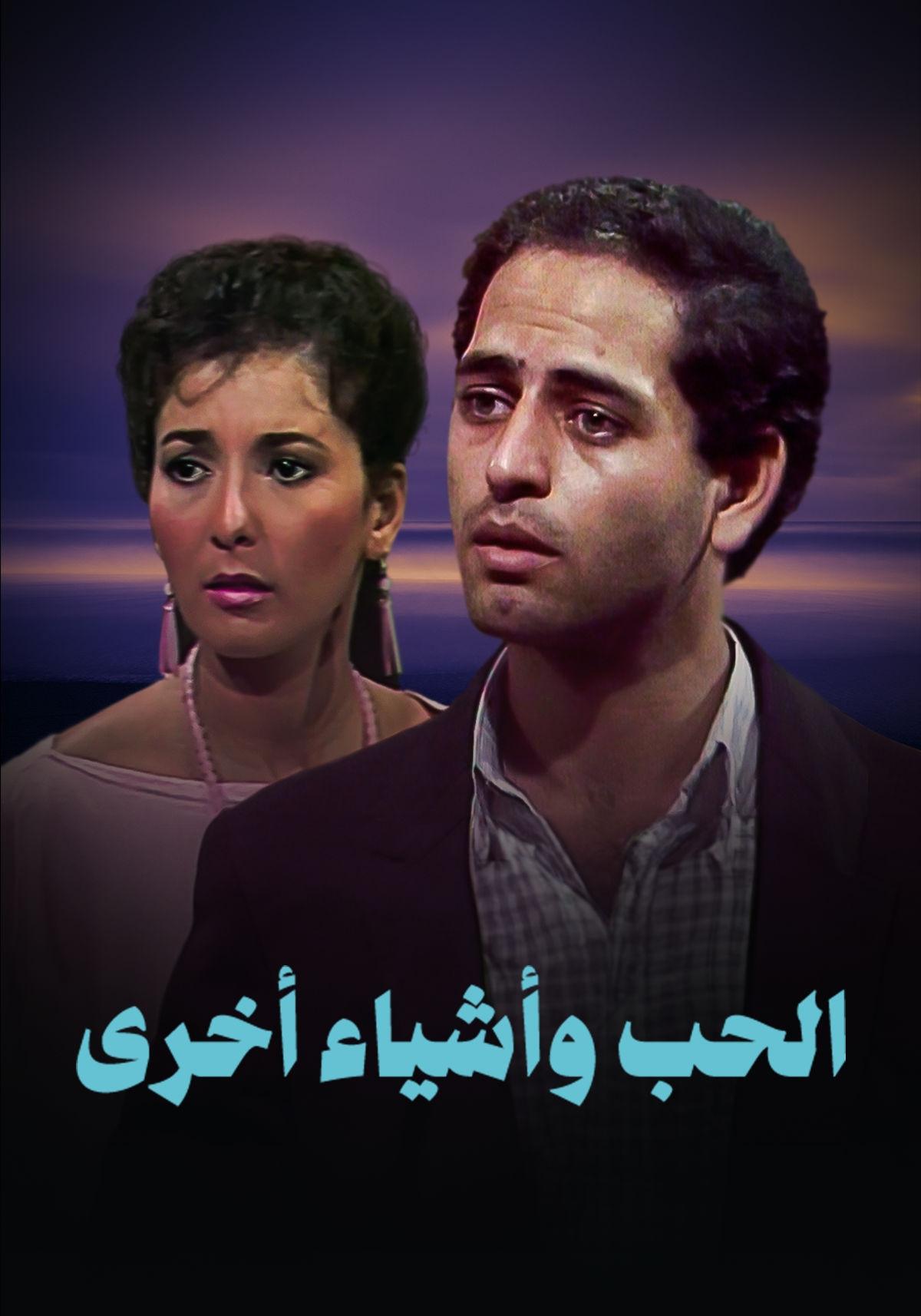
A love story between Dr. Hind, the wealthy girl, and the poor music teacher, decide to marry despite the rejection of the Hind family, but the family succumbs to the insistence of Hind and Sameh. After the marriage, the two lovers discover that love is not enough to withstand the class difference between them, and in front of the players (Adel) of Hind's partner in the hospital, who was scheduled to marry Hind before Sameh.
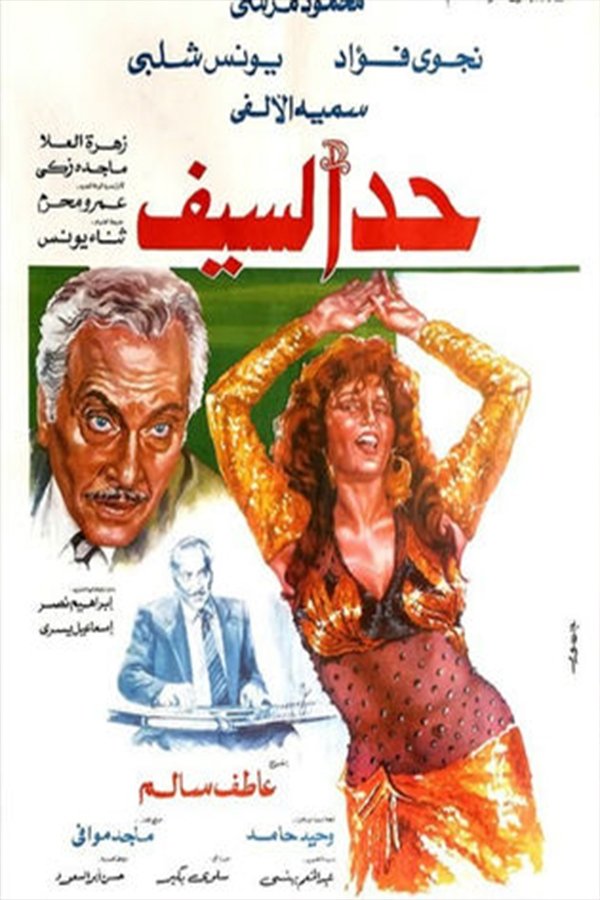
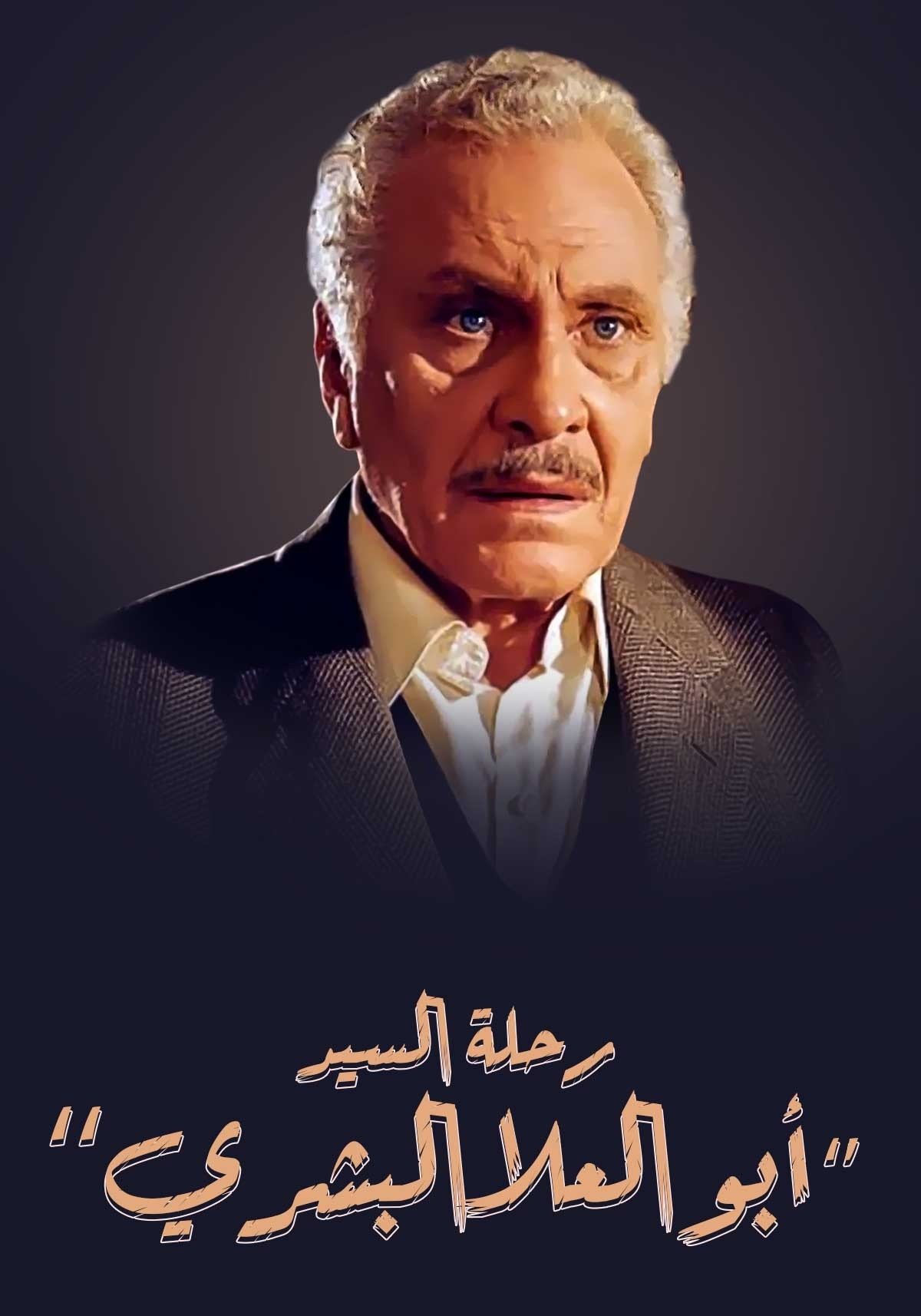
Mr. Abo El-Ela El-Beshry carries a lot of good values for a life that is close to the utopian city. When he retires, he decides to live his life helping his relatives after he adopts the daughter of a friend from work and goes to Cairo.
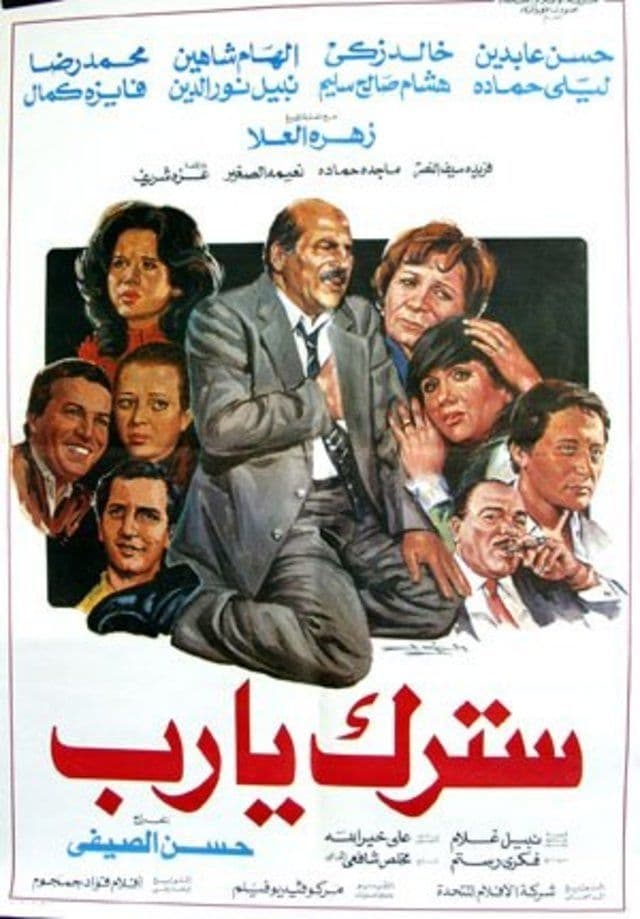
Kamal is the Undersecretary of the Ministry of Production Affairs and is known for his integrity. He embarrasses his children because of his lack of courtesy. He refuses to appoint his son Ahmed or mediate for him to work elsewhere. Ahmed is forced to work as a driver for the big businessman Hassan Al-Abd. His daughter Sherine admires Ahmed and he agrees to marry her to him, hoping for the gains he will gain from his father's position.
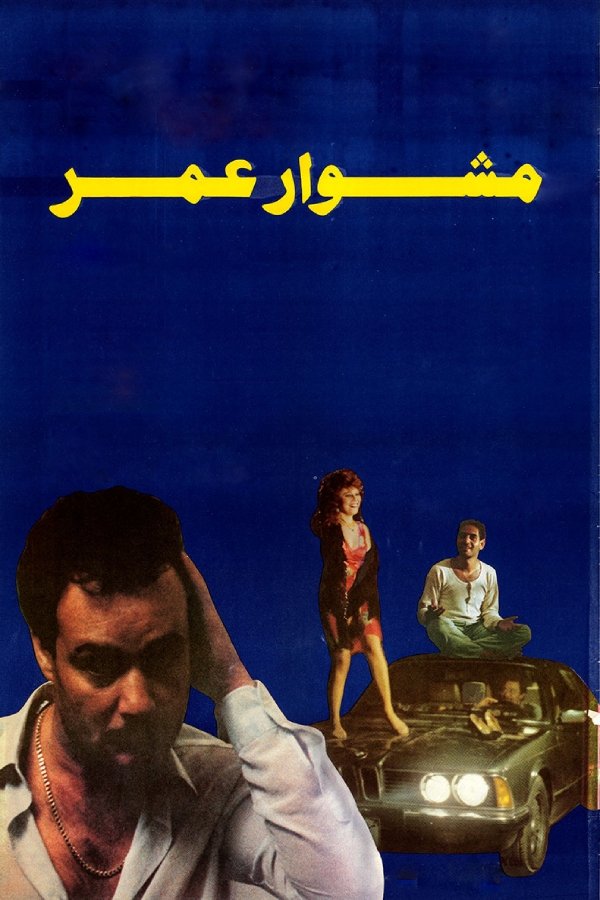
Omar lives on the money of his wealthy jeweler father. The father ask him to deliver a jewelry bag to a customer in Tanta. His car breaks down and he gets robbed by a truck driver and his helper. Omar rescues him at a rural Gas station and accompanies him on his journey.
Zahra al-‘Oula Bakir was born in the district of Muharram Bey in Alexandia to a family originally from al-Mahala. Her talents for acting and imitation were apparent when she was in secondary school. Her father was a friend of Youssif Wahbi and so he presented her to him and she enrolled at the Acting Institute with the help of Zaki Tuleiman. Zahra acted in several plays including “Hourriyah men al-Mareekh”, “al-Bakheel” (“The Miser”), Mareed bi al-Wahm” (“Illusory Illness”), “Fattish ‘an al-Maraa” (“Look for the Woman”), “al-Ghabi wa Anna” (“The Idiot and Myself”) and “Sab’a Farkhat wa Deek” (“Seven Hens and a Rooster”). Thereafter she was assigned major cinema roles. Zahra enjoyed a romantic aura and she received a diploma from the Higher Institute for Cinema in 1954. Zahra was the first in her class and she continued her stage career on modern theater. Zahra married Salah Zu al-Faqqar and later director Hassan al-Saifi. Among the television series which she has acted in are “Waffiyat Nas Tayebeen”. Zahra was honored at the Feature Films Festival. While a youth, Zahra represented the model of the innocent and suppressed girl. She has not portrayed any evil characters as her appearance does not lend itself to such roles. Zahra also acted in “Radd Qalbi”, “Du’aa al-Karwan” and “Tareeq al-Amal”. Despite the fact that she has acted in some comedies her roles were generally not comedic.
By browsing this website, you accept our cookies policy.